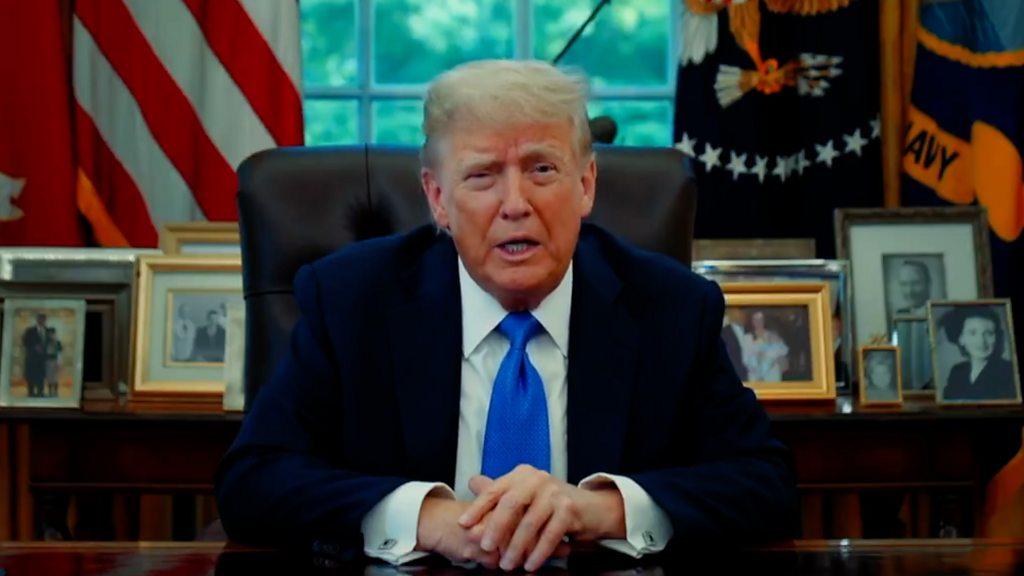On June 4, 2025, President Donald Trump signed a presidential proclamation imposing a full travel ban on nationals from 12 countries, primarily in the Middle East and Africa, including Afghanistan, Somalia, Iran, Libya, Sudan, Yemen, Chad, Republic of the Congo, Equatorial Guinea, Eritrea, Haiti, and Myanmar. The order, effective June 9, also partially restricts entry from seven other nations—Burundi, Cuba, Laos, Sierra Leone, Togo, Turkmenistan, and Venezuela—barring them from obtaining immigrant, tourist, or student visas. The White House cites national security concerns, pointing to inadequate vetting processes, high visa overstay rates, and terrorism risks in these countries.

Trump, reviving a controversial policy from his first term, framed the ban as essential to “protect Americans from dangerous foreign actors.” He referenced a recent Boulder, Colorado, attack by an Egyptian immigrant who overstayed a visa, though Egypt is not on the banned list. Critics, including the African Union and human rights groups, condemned the move as discriminatory, arguing it unfairly targets Muslim-majority and African nations. Somalia’s ambassador, Dahir Hassan Abdi, expressed willingness to address U.S. concerns, while Chad’s President Mahamat Déby retaliated by suspending U.S. visas.
The ban exempts existing visa holders, green card holders, and certain groups like athletes attending major events or Afghans eligible for Special Immigrant Visas. However, it has sparked fear among immigrant communities, with concerns about family separations and disrupted economic ties. Shawn VanDiver of #AfghanEvac called it a “moral disgrace,” particularly for Afghanistan, given its citizens’ past support for U.S. forces. The policy’s critics, including Representative Pramila Jayapal, argue it undermines America’s values and harms communities reliant on immigration.
Supporters, including former Homeland Security official Chad Wolf, defend the ban, citing the “reality” of security risks in the targeted countries. Trump’s proclamation allows for revisions if nations improve vetting procedures, but the inclusion of countries like Haiti, facing humanitarian crises, has drawn particular scrutiny. The move follows Trump’s campaign pledge to reinstate stringent immigration policies, with a draft list of up to 43 countries considered earlier this year. As legal challenges loom, the ban reignites debates over national security, discrimination, and America’s global role.






